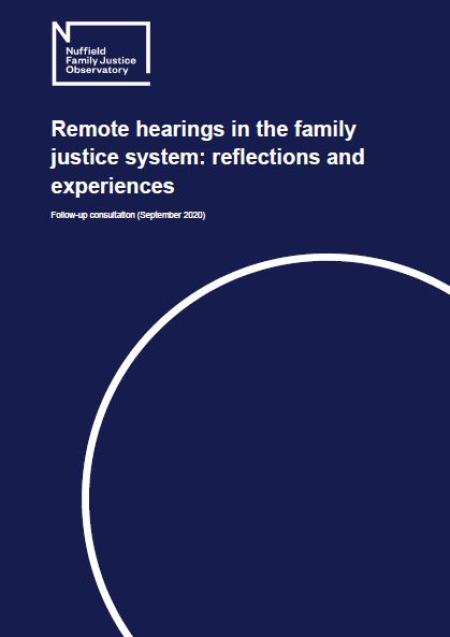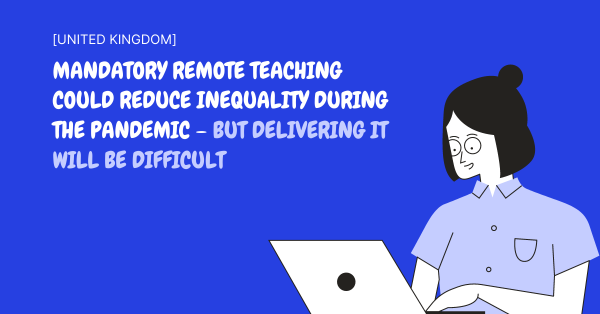
We as human beings have a common need: connecting with people we care about. The Coronavirus and the restrictions created in this situation, including the limitation of face-to-face communication, can have a negative impact on vulnerable children, according to the director of the Nuttfield Family Justice Observatory, Lisa Harker.
During and immediately following lockdown, direct contact between children in care and their families, as well as birth parents and young children, was not allowed. Moreover, family courts with numerous cases in progress had to be closed, leaving the system in even more chaos. The Observatory was asked to find out about the experiences of those who attended virtual family hearings.
Harker’s team carried out a survey with more than 1,000 judges, families and social workers.
According to their findings, when judges are asked to make difficult rulings, such as putting a child into care or up for adoption, or in cases where witnesses are highly necessary, virtual hearings are not justice.
The report also found that professionals and parents have both been put under a great deal of pressure by this new situation because they were not technically prepared. Fortunately, in many cases remote courts operate fairly. Furthermore, according to the research, there have been some attempts to maintain contact between foster children and their birth families via the internet.
Harker also mentioned that the main focus among child protection professionals should be on the negative impact the lockdown causes on younger children because digital contact is not meaningful for them. She suggests more creative solutions to socially distanced contact.

















